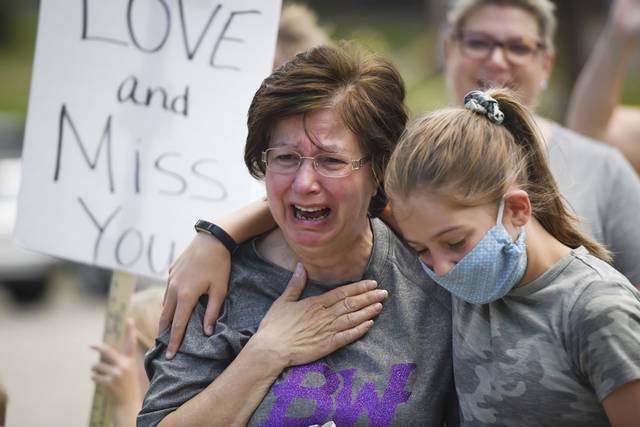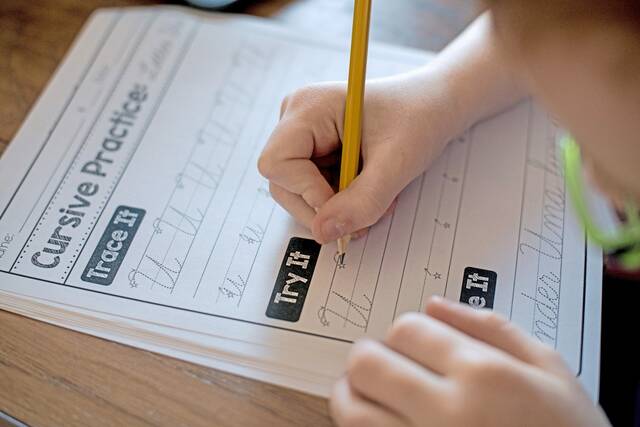Looking at photos from a specific period in history can be very telling.
American photographs from the years of World War II, without any words, can tell the stories of battle-worn soldiers, the families they left behind and the efforts of those at home to support them.
Pennsylvania First Lady Frances Wolf wants to make sure Pennsylvanians can chronicle the past year of living through the first worldwide pandemic in more than a century through the state’s One Lens project, announced this week.
“This is our chance to show and share what it was like to experience this extraordinary moment in history,” Wolf said during a virtual event.
The One Lens project is a collaboration between Wolf, the PA Council on the Arts, the PA Tourism Office and officials from the state’s library, archives and rare collections departments and the Pennsylvania Historical & Museum Commission.
And while residents are being encouraged to submit photos, other agencies will be archiving the official records.
“Our goal is to preserve records associated with state agencies, things like records from the Department of Health about their response, and from the Department of Aging about their work in nursing homes,” said Andrea Lowery, the commission’s executive director.
State Archivist Tyler Stump said, in his research on the 1918-19 Spanish flu pandemic, he found plenty of official state records, “but there really aren’t a lot about how it affected the average family.”
“We know the medical side of that pandemic really well, but we don’t know what it was like to be at home — we don’t know how people’s lives were impacted,” he said.
With the wealth of data publicly available in 2021, however, Stump said there is much better chance of archiving the personal stories missing from a century ago.
The challenge of collecting such material in this day and age is that much of it could be gone with the click of a mouse.
“This material is so ephemeral,” said Pennsylvania Rare Collections Librarian Mike Lear of things like Facebook posts and tweets. “It doesn’t have the benign neglect that older records have, where it can sit in a basement for 50 years and still be readable.”
At the time of the 1918 pandemic, illnesses that occasionally spread throughout the world were more commonplace, and Lear said part of the reason fewer records are available is that, at the time, the Spanish flu pandemic was not seen as a historic moment. Only in hindsight was it recognized for what it was.
“Because of advances in medicine and hygiene, our expectations are more that these things don’t happen often,” he said. “So we can recognize right now that things are very historic and we need to collect this material and this social history.”
The public can contribute to the One Lens project starting Monday through March 8 by visiting PA.gov/one-lens. The project also is reachable through Facebook and Instagram.
“Often, history is written by observers who stand apart from what they research and analyze,” Wolf said. “One Lens is different — this will be a photographic document that will be captured by each and every one of us as it happens.”
“Each of us has the chance to be a historian, and I think it’s a really special opportunity,” Wolf said.
For more, or to contribute to the One Lens project, see PA.gov/one-lens.








